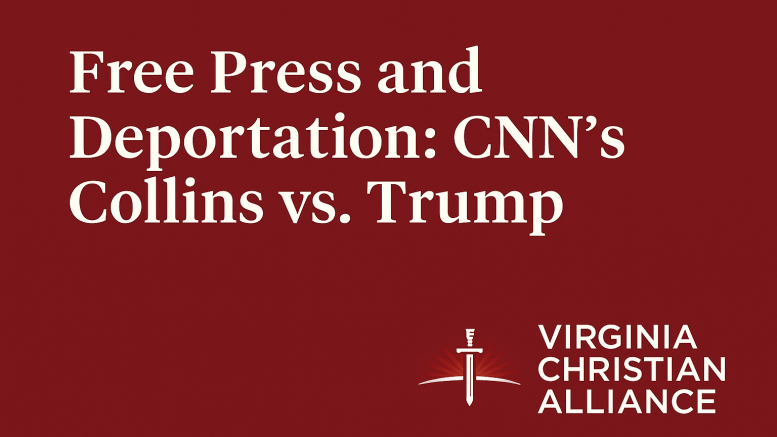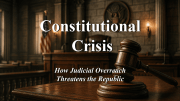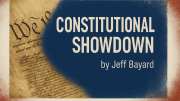Introduction: The Collapse of a Free Press
In a stunning Oval Office exchange, CNN anchor Kaitlan Collins questioned President Trump about the deportation of a known MS-13 gang member. What followed was a revealing moment for anyone concerned with the free press and deportation policies in America. This exchange showcased media bias and raised serious national security and journalistic integrity concerns.
Free Press and Deportation: A Question That Crossed the Line
Collins repeatedly pressed the President on why his administration wouldn’t return the deported gang member. Importantly, two immigration courts had already ruled that the individual was a verified MS-13 member and in the country illegally. Her questioning seemed designed to score political points rather than uncover truth. Therefore, this moment symbolizes the distorted relationship between the free press and deportation law.
The Constitutional Authority at Stake
President Trump’s reply was not just emotionally charged—it reflected the executive branch’s constitutional authority. In fact, a unanimous 9–0 Supreme Court ruling upheld that no lower court can compel the President to reverse a deportation order. Consequently, the free press and deportation debate should include respect for legal boundaries, not just emotional appeals.
A Christian View on Justice and Truth
Scripture affirms the government’s duty to restrain evil. Romans 13:4 explains that rulers are God’s servants to punish wrongdoers. In this case, deporting a confirmed MS-13 member was both lawful and moral. Furthermore, Micah 6:8 reminds us to ‘do justice, love kindness, and walk humbly with our God.’ Christians should, therefore, support decisions that protect the innocent and uphold righteousness.
When Free Press Becomes Political Advocacy
Although freedom of the press is a fundamental right, it does not shield reporters from accountability. When journalists use their platform to push political narratives—particularly in matters of the free press and deportation—they step outside their constitutional role. Accordingly, Americans must learn to distinguish between real journalism and advocacy masquerading as news.
Conclusion: Truth Matters More Than Optics
By demanding the return of a criminal gang member, Kaitlan Collins blurred the line between fairness and activism. However, President Trump and his team stood firm, reinforcing their legal and moral case. Ultimately, the battle over the free press and deportation highlights deeper questions about truth, justice, and the future of our republic.
References:
– U.S. Immigration and Nationality Act (INA)
– Supreme Court Ruling: 9–0 decision affirming executive authority (PDF)
– Romans 13:4; Micah 6:8; John 8:32
– Public statements from President Trump, Pam Bondi, Stephen Miller, Marco Rubio, and President Nayib Bukele of El Salvador
Call to Action:
Please share this post with fellow believers and patriots who value truth. Should the free press defend lawlessness or uphold justice? We invite your comments below.
#FreePressAndDeportation #BiblicalJustice #ConstitutionalAuthority #MS13 #CNNBias #ChristianWorldview





